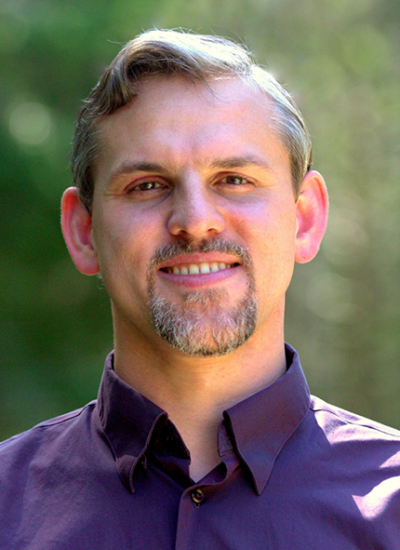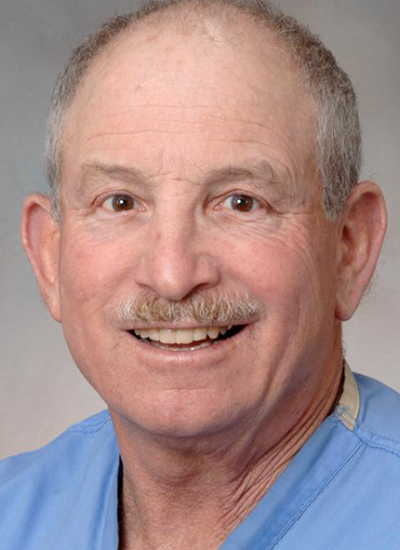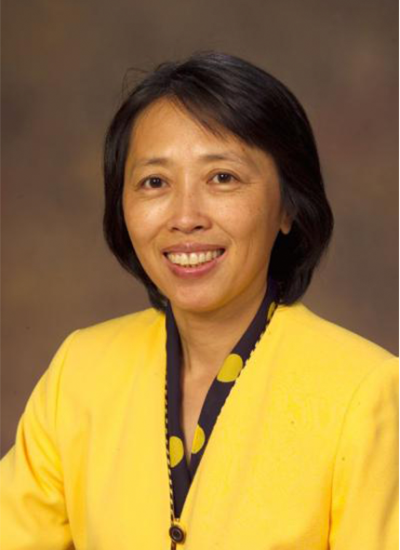George L Sutphin
Work Summary
The Sutphin Lab studies the molecular basis of aging. Individual age is the primary risk factor for the majority of the top causes of death in the United States and other developed nations. As our population grows older, aging is increasingly a central problem for both individual quality of life and the economics of societal health. Understanding the molecular architecture that drives aging will reveal key intervention points to extend healthy human lifespan, simultaneously delay onset of multiple categories of age-associated disease, and develop targeted treatments for specific pathologies. We use a combination of systems biology, comparative genetics, and molecular physiology to identify new genetic and environmental factors in aging and characterize their molecular role in age-associated disease.




